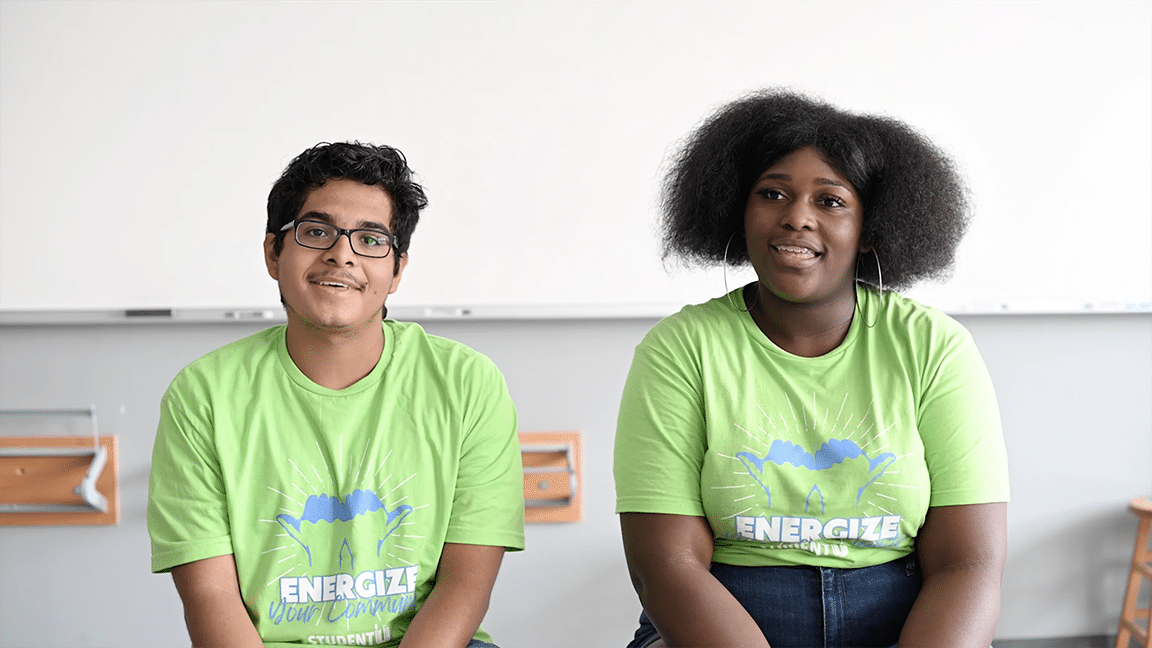“Welcome to America”: Love and Grief and The One We Dream Of
by Elena Dalsimer
Flashback to exactly this time last year. It was Phase 1 of the Racial Equity Institute in Durham and a group of 60 people were asked to answer a question. The question was “Why do I want to solve the problem of racism?” I remember sitting in the circle between two strangers, my heart thumping, as I thought aggressively about a few things: the video of the female student being thrown out of her chair by a white officer in South Carolina, about my black brother dropping out of high school and his brown sister graduating from college, about the woman in the Greensboro mall handing me a bible and saying “Welcome to America”, and about the students- the students I was quickly falling in love with at Student U. All of those thoughts were my answer, but what came out of my mouth was halfhearted and unrepresentative of anything what I was truly thinking. I remember other people’s answers. All valid, rooted in truth, intellectual, statistical, religious, complex. One person’s answer stood out to me the most. The intentionality in his voice paired with the content of his answer stuck with me. His words were, “We have to solve racism, simply put, because our hearts are breaking.”
One year later, seven days after the election results, this man is right. He was right a year ago, and he’s been right the entire time. Our hearts have been breaking as long as history has shown us that white lives matter more than others. The election of Donald Trump as president has me devastated- for the people that I love and the struggle that so many have been a part of, fighting every day to create an inclusive and just world. I don’t want to gloss over the emotional disarray that many of us are experiencing perhaps more acutely than usual. When a majority of people stand by a figurehead that represents the western, white supremacist, patriarchal, capitalistic agenda, it hurts. So what do we do with that heartbreak? What if there’s something to this grief and mourning?
So much of love-and mourning-is about language. The way we handle love and loss in words. The way we get talked into and out of love. The way we say things we don’t mean and don’t say the things we do. What we say and don’t say about love, and what we let others say about it. But if it can’t come out, where does mourning go- happen. This silence and internalization only further isolates us and privatizes our suffering. Maybe that’s how and why replacement works, is so reassuring. There is simply no place for real, and therefore radical, heartache in this culture. No time and no place. We teach ourselves and each other what it means to love by what we say about it. What we’re allowed to say and what we’re not allowed to say. What we’re trained to say (our ready-made vocabularies and cultural discourses) and what we’ve already said. Women have historically been permitted to say more about it, but that’s because of the trivialization not just of women, but love in general. When it comes to love, we circulate either a repressive and reactionary set of values and narratives, or disposable platitudes. Sometimes we give up too soon and sometimes we don’t try at all. We miss the opportunity to try. We don’t say enough when we should say everything. As Heidegger points out in What is Called Thinking, “Words are constantly thrown around on the cheap, and in the process are worn out. There is a curious advantage in that. With a worn-out language everybody can talk about everything…To speak language is totally different from employing language. Common speech merely employs language. This relation to language is just what constitutes its commonness.” Which is what James Baldwin meant when he noted that true rebels are as rare as true lovers. This is also what I was trying to talk about in “Solace”. Love and grief as something rare and precious and difficult and necessary. As Butler puts it, “…I am speaking to those of us who are living in certain ways beside ourselves, whether in sexual passion, or emotional grief, or political rage.
LoveDog by Masha Tupitsyn
LoveDog speaks to grief while simultaneously critiquing the language around the universal human experience of love and heartbreak. This is a creative and artistic endeavor. Her words affirm that we must hold steady in our pain and grief. Capitalism has conditioned us to consume our way out of feeling immense depth. Depth that has the potential to move us in the collective direction of social equality. We deal with grief and mourning by consuming food, caffeine, the 24 hour news cycle, social media, and material things. I can’t allow myself to be mindlessly soothed and distracted by consumption as a coping mechanism. In this period of grieving, what would it look like and feel like if we chose to re-create culture rather than consume it? Like the author of LoveDog, we will bravely name the moment at hand and then require artistry as a means to challenge a language and culture of hate. We have no choice but to tap into our innate creativity to build a loving and just world, the one we dream of.









